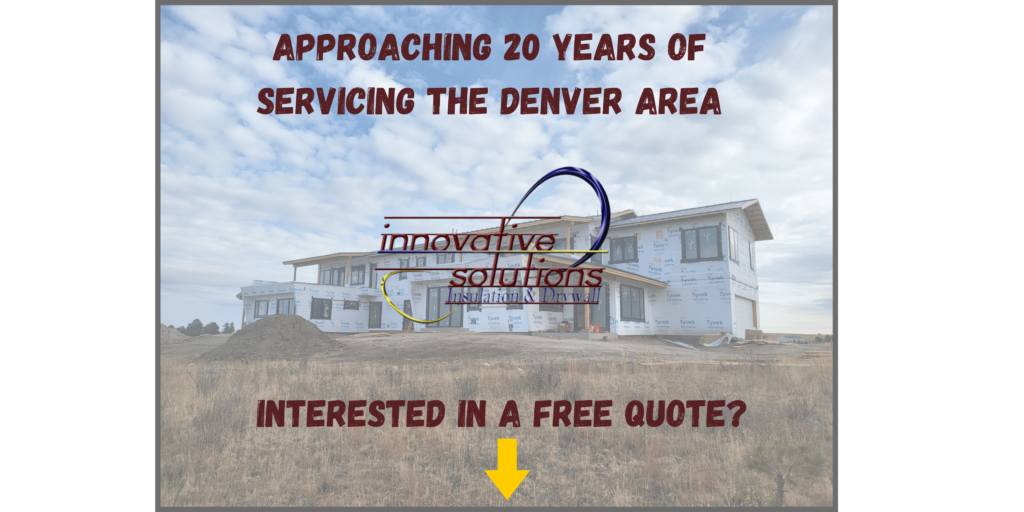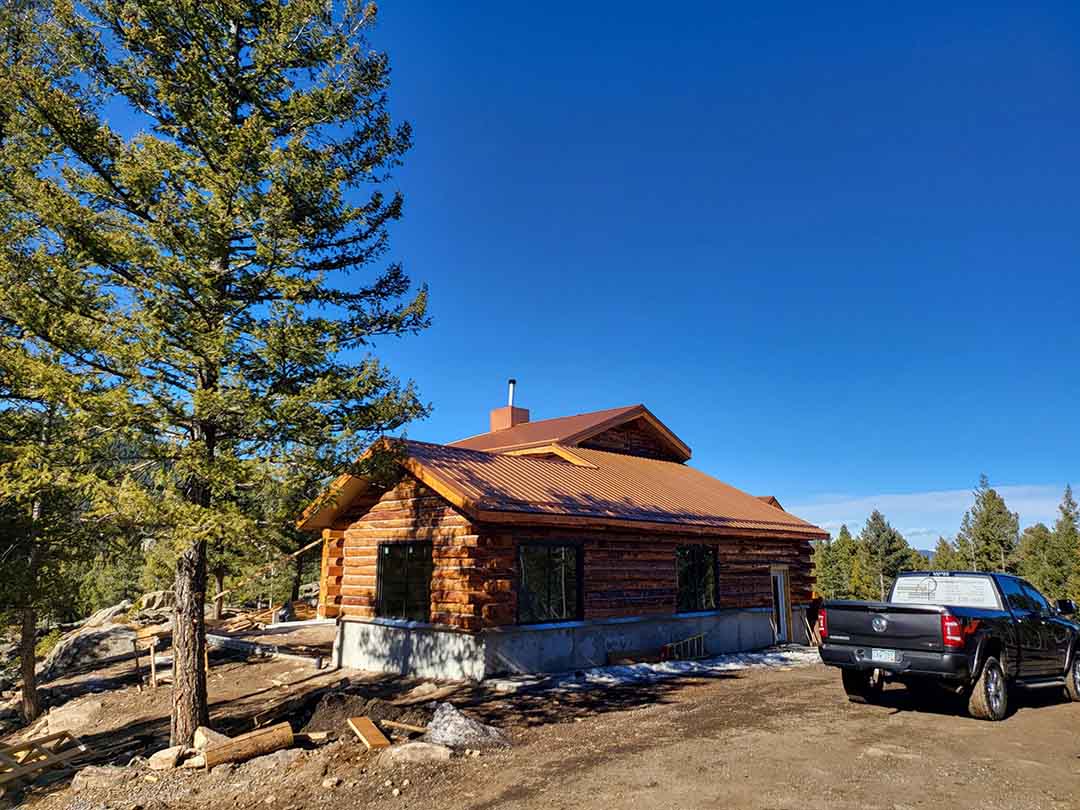Home is where the heart is. Who does not love to have their house warm and cozy after a long, tiring day at work? When it comes to keeping your Denver home comfortable year-round, insulation plays a crucial role. One common question homeowners face is: Is R32 attic insulation acceptable in Denver?
Rising energy bills are another added problem. Let’s face it: Denver’s got a climate with a bit of a bite. Those hot summers and chilly winters can wreak havoc on your home’s comfort and wallet.
R32 attic insulation is becoming a hot topic in Denver, and for good reason. As homeowners look to improve energy efficiency and comfort in their homes, understanding insulation options is now a need.
R32 might be the right choice for your attic insulation in Denver. But there are several factors to consider, like climate to local building codes.
What Is R32 Insulation?
Think of R32 insulation as a tiny thermal shield for your attic. R32 insulation refers to an insulation material with an R-value of 32.
In simple terms, the R-value measures the material’s resistance to heat flow. The higher the R-value, the better the insulation.
In cold climates like Denver, higher R-values are generally preferred to keep your home warm in the winter and cool during the summer.
Key Characteristics of R32 Insulation

- R32 indicates that the insulation can effectively resist heat transfer, keeping your home warm in winter and cool in summer.
- A higher resistance value of R32 contributes to lower energy bills by reducing the workload on heating and cooling systems.
- R32 insulation helps maintain consistent indoor temperatures, improving overall comfort.
Denver’s Climate and Its Impact on Insulation
Denver experiences a wide range of temperatures throughout the year, from freezing winters to hot summers. The city’s unique semi-arid climate means you need an insulation solution that can handle both ends of the spectrum.
Attic insulation in Denver needs to perform well during temperature extremes, ensuring energy efficiency and comfort all year long.
In such a climate, R32 insulation offers solid thermal resistance, reducing heat loss during the winter and minimizing heat gain during the summer.
But is it enough for your attic per the Denver Building Codes?
Looking for Drywall or Insulation Services in the Denver Area and Beyond?

Denver Building Codes: What They Say About R32 Insulation
One of the most critical aspects of choosing attic insulation is understanding the local building codes. Denver follows the International Energy Conservation Code (IECC), which sets the recommended R-values for homes based on climate zones.
Denver, located in Climate Zone 5, typically requires attic insulation with an R-value between 30 and 60. This means that while R32 attic insulation might be effective, it falls just within the recommended levels for optimal energy efficiency.
However, if upgrading an older home with limited attic space, installing R32 insulation might still be beneficial, especially when combined with other energy-saving measures like weatherproofing or additional insulation layers.
[wpdatatable id=34]
The Energy Efficiency Benefits of R32 Insulation

Though R32 insulation might not meet Denver’s highest insulation standards, it can still provide significant energy savings—especially if you are upgrading from a much lower R-value.
When comparing R32 attic insulation in Denver with other common options, it stands out due to its high thermal resistance. For instance:
- Fiberglass Insulation: While effective, it typically has an R-value ranging from R11 to R38 depending on thickness.
- Spray Foam Insulation: Offers high R-values but can be more expensive upfront.
Using R32 attic insulation can lead to significant energy savings over time due to its efficiency in reducing heat loss.
After installing R32 insulation, you can expect a noticeable reduction in energy bills compared to homes with inadequate insulation.
Cost vs. Benefit: Is R32 Insulation Worth the Investment?
Let’s break it down in a simple cost-benefit analysis.
[wpdatatable id=35]
As you can see, R32 insulation is cost-effective, but for long-term energy savings, upgrading to R38 or higher might be a more worthwhile investment.
Consult ISID for expert guidance related to attic insulation. We have a team of professionals to guide you every step of the way.
Potential Savings Over Time
I have made things easy for you by breaking down the possible savings you can have while making sure you get the best insulation option without breaking your wallet.
[wpdatatable id=36]
Installation Requirements

When planning to install an R32 attic insulation system in your house, make sure to tick these points to ensure smooth and effective installation.
- Ensure the attic is clean and free of debris.
- Maintain proper ventilation to prevent moisture buildup.
- If you are using multiple types of insulation (e.g., combining with fiberglass), ensure they are installed without gaps.
Are There Better Alternatives to R32 Insulation?
If R32 doesn’t seem quite right for your attic, several alternatives might offer better performance in Denver’s climate.
[wpdatatable id=37]
As you can see, there are several options beyond R32 insulation that might better meet Denver’s building codes and climate needs.
However, each option comes with its own set of pros and cons, so consider what’s most important for your home—whether it’s cost, ease of installation, or long-term energy savings.
Read More: Types of Attic Insulation in Denver
People Also Ask
What Is the Best Attic Insulation for Colorado?
What Is the Colorado Code for Attic Insulation?
What R-Value Insulation Do I Need in Colorado?
What R-Value Is Recommended for Attic Insulation?
Is R32 Attic Insulation Acceptable in Denver?
Is R32 attic insulation acceptable in Denver? No, if you are looking for a balance between cost and comfort.
While it may not hit the highest R-value recommendations for Denver’s climate, R32 can still offer notable energy savings and improved home comfort when installed properly.
That said, you should weigh your options based on your long-term goals. If you’re looking for a quick, effective upgrade, R32 can serve you well. However, exploring higher R-values might be worthwhile if energy efficiency is your top priority.





